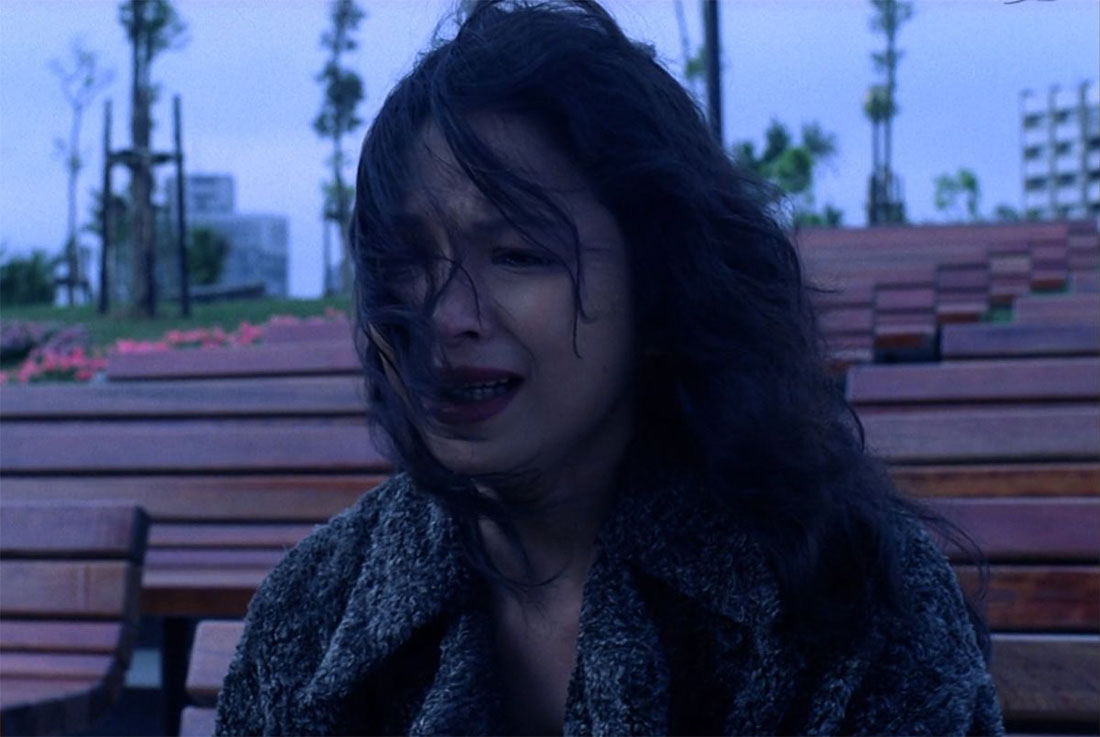
Photo Credit: Getty Images
In an unlikely New Year’s Eve tradition, some people in Taiwan welcomed the coming of 2025 with cries. This innovation, put together by university student Harry Li, 22 years old, has just gained popularity and is gradually changing the way people welcome the coming of the New Year.
It started in 2023 as a light-hearted joke-a Facebook invite calling people to Taipei’s Da’an Forest Park to cry for half an hour. It suddenly spirals into a viral sensation. It was inspired by a scene from the iconic Taiwanese film “Vive L’Amour” by Tsai Ming-liang, which playfully touches on the disillusion and loneliness of urban life in 1990s Taipei.
The actress sat on a bench in Da’an Forest Park and cried for seven minutes before lighting up a cigarette. After Li’s event attracted almost 16,000 interested users online, hundreds turned up at the park to cry, laugh, drink, sing and dance – turning the flashmob-style gathering into a colorful scene to welcome 2024.
“I never thought people would actually show up. I never thought it would go viral,” Li told CNN Travel. This year, the event has even more attention, with more than 33,000 people showing interest in attending. The Taiwan Film and Audiovisual Institute is hosting an outdoor screening of “Vive L’Amour” at the park with the original cast participating.
Participants from last year remembered the event as uninhibited, equal, and impromptu. There were those who shared food, some danced, others took selfies; there were those who just plunged into the atmosphere or cried it out. Aster Chang, who joined the event last year, posted on Facebook: “I used up a pack of tissues while crying as I got out of my chest all the bad things I’ve encountered this year.”
Chen Chu-yuan, a 27-year-old wine salesperson, sought solace in the communal atmosphere, tears flowing for a lost friend. “If you cry, people would really come and comfort you and not point fingers at you,” Chen said.
The success of the event lies in its unspoken message: it’s okay to not be okay, even on festive occasions like New Year’s Eve. Kang Ting-yu, an associate professor at Taiwan’s National Chengchi University, noted that social media can exacerbate negative emotions through jealousy and comparison, making such events valuable for mental health.
In Taiwan, the spotlight increasingly falls on mental health. According to studies, there is a high prevalence of depression and anxiety among 30-45-year-olds, and so the government responded to the expansion of free counseling programs supporting them. Taiwanese President Lai Ching-te said in a committee meeting last November that investing in mental health resources must be prioritized.
Professor Chang Shu-sen of National Taiwan University said, “Besides raising awareness of the importance of mental health, what is more important is we have to have concrete ways to seek help and help others.
For Li, the accidental success of the event in helping others was a pleasant surprise. “For those who came to the park to actually cry, I hope they won’t have to do it again next year and get to enjoy a happy New Year’s Eve,” he said.
The Taiwan Film and Audiovisual Institute will screen “Vive L’Amour” at Da’an Forest Park in Taipei on December 31, 2024, at 9:45 p.m., marking the 30th anniversary of its premiere.
















